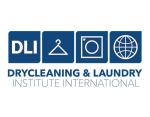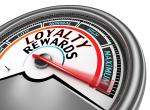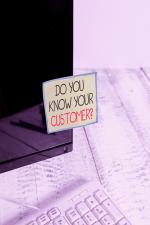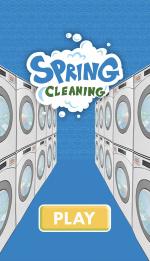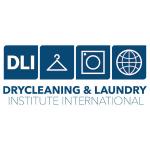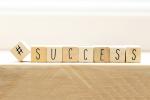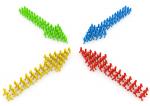CHICAGO — To build for the future, dry cleaners need to capture the business of younger customers in order to become their cleaner. Failing to take into account what makes the next generation tick, however, can lead to diminished returns and lower retention rates.
This was the message of Lorynn Divita, Ph.D., during her online workshop, “Connecting with Gen Z — The ‘Values’ Generation,” sponsored by the National Cleaners Association (NCA). Divita, an associate professor in apparel design and merchandising at Baylor University since 2002, has seen her classes shift from millennials when she began her career into Gen Z.
From this vantage point, Divita has found a definite evolution in the attitudes, behaviors and motivations between Gen Z and their older counterparts. And, she adds, dry cleaners who understand this change, and act accordingly, can reap the rewards.
“I've been teaching them for several years, and they really are different,” she says, “and different isn’t bad, but you do need to be aware of it so that you can really be prepared for it.”
Who Is Gen Z?
While there is only one generation that is statistically defined by the US Census Bureau — the baby boomers, born between 1946 and 1964 — Gen Z is generally regarded as those born between 1997 and 2012. While the younger half of that contingent is currently in middle or high school, the older half are close to graduating college or are currently in the workforce.
And, while they are young at the moment, they are going to be a force to contend with for dry cleaners.
“Gen Z is an awfully powerful group,” Divita says. “They are approximately 25% of the world's population with a massive purchasing power, and they will be the largest U.S. consumer group within 10 years.”
While they will rival the majority spot boomers once occupied in numbers, Gen Z is facing economic challenges the older generation didn’t.
“They are estimated to have 86% less purchasing power than the baby boomers did in their 20s because of things like inflation, rising home costs, student debt, stagnant wages, and so on,” Divita says, “so they actually are not as secure financially as the boomers were at the same point in life. But they still will wield a great deal of power.”
Viewing this New Generation Up Close
Divita’s field is to study culture and fashion, she says, and apply that to the topic of fashion forecasting and fashion marketing. As such, she believes she can add valuable insight for industries such as dry cleaning.
“I consider dry cleaning an auxiliary industry to the fashion industry,” she told her audience. “Your industry sees fashion change by the different fibers and fabrications and silhouettes that come through your doors to be cared for. So, what happens in fashion absolutely impacts you.”
This is also true for the consumer who is bringing those items through the doors. These are the students currently in Divita’s classroom, if they are not coming into your store already.
Divita has heard the criticism that her view of this generation might be skewed because college students aren’t the only representative of an entire generation, which is a viewpoint she accepts, to a point.
“At times, people try to discount what I'm saying because, ‘Well, of course you're at a university,’” she says, “but I want to explain to you this: If something has happened at Baylor it has happened everywhere.”
She believes this because the Texas school is considered one of the colleges in the United States that holds on to tradition the tightest.
“The Princeton Review’s rankings of most conservative students put Baylor University at No. 17,” she says. “Baylor students are among the slowest to change in the US as they're among the most conservative.”
Even with this caveat, Divita says what she has witnessed shouldn’t be ignored by businesses such as dry cleaners.
“What I can tell you is I have absolutely positively seen a shift over the last few years in how these young people think and how these young people act,” she says. “It's not really ours to try to change or criticize, because frankly, we will lose that battle. But what we can do is recognize what's happening and figure out how we can adjust.
Come back Tuesday for Part 2 of this series, where we’ll explore what’s important to Gen Z and what drives them.
Have a question or comment? E-mail our editor Dave Davis at [email protected].








